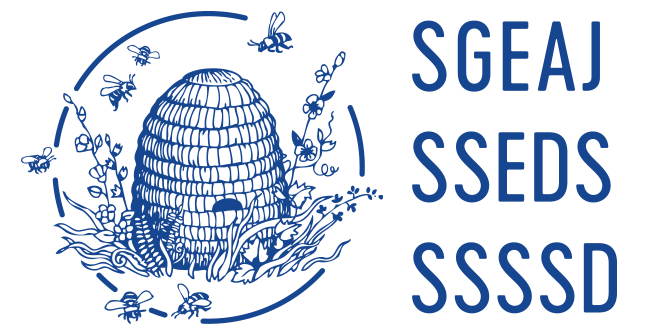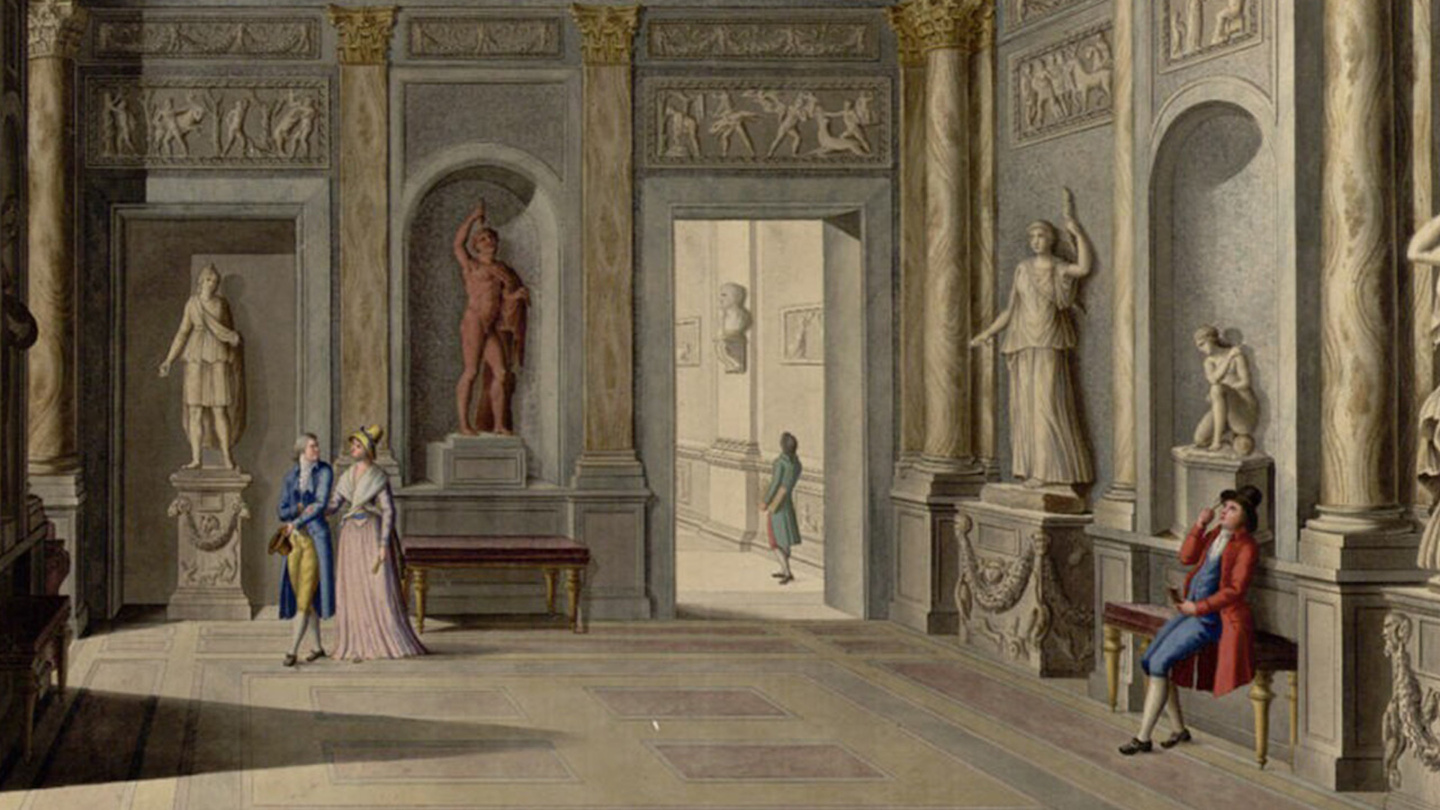Call for Papers, International Work-in-Progress Workshop, Publics of the First Public Museums II. Literary Discourses (XVIII-XIX c.), Durham
Following the inaugural Rome session centred on institutional sources, the Durham workshop turns its gaze towards the rich tapestry of literary narratives with the aim of analysing them also in a comparative perspective with the primary sources. Periegetic literature, inclusive of travel accounts, artist correspondences, poetic endeavours and Grand Tourist insights, stands as a testament to the artistic engagement with museum spaces over two defining centuries. At the heart of this exploration is the figure of the writer as a museum visitor. These writers, often esteemed poets and authors, are not just passive observers; their perspectives and critiques actively shape museum dynamics and public perceptions. Such literary visits, sometimes critical towards the museum as institution, have left a lasting impact, influencing subsequent generations of museum-goers. The writer’s dual role as a visitor and critic underscores the need to reassess these literary accounts in the broader context of museum studies.
The questions presented below are designed to stimulate discussions and kindle in-depth explorations into the confluence of literature and the publics of first public museums:
- How do literary works contribute to the construction of common themes and stereotypes associated with museum audiences?
- How has literature influenced and shaped the evolution of the culture of the museum guides or cicerones over time, and to what extent has this literary impact altered visitor experiences and expectations in museums?
- What are the origins, characteristics, and specificities of literary genres targeted towards museum-goers, especially concerning guides, itineraries of visits, and public lectures? How do they transform based on the evolution and variations of museum audiences themselves?
- How do notions of time during a museum visit compare and contrast with the temporal dynamics of literary narration?
- How do ekphrastic descriptions in literature enhance our comprehension of the visitor’s gaze when engaging with artworks, architecture, museum displays?
- How do various literary genres, such as periegetic literature, artist correspondence, diaries and reviews, serve as either sources or models for understanding the museum experience and the role of audiences?
- How do the narratives and insights from published literary accounts of museum visits compare and contrast with those from unpublished sources, and what implications arise from these distinctions in shaping our understanding of museum-going experiences?
- How does the concept of a museum as a space to “read” differ from its traditional perception as a space to “visit”, and what are the implications of this distinction in literary and museological discourses?
- How does literature play a pivotal role in crafting horizons of expectation for museum-goers, influencing their anticipation and reception of museum exhibitions?
- How did differences in gender, religion, social status, and cultural background influence writers’ portrayals of museums, and what do these varied perspectives reveal about the socio-cultural dynamics in museum narratives?
We invite submissions that engage with the aforementioned themes and questions, emphasizing the intersections between literature and museum studies.
Key points of consideration are:
- To foster dialogue around the most recent research endeavours on the topic, we especially encourage submissions from doctoral candidates and early-career researchers, who are currently delving into original themes and sources resonant with the seminar’s objectives.
- Preference will be given to applications showcasing interdisciplinary research approaches. This encompasses the melding of art history with literature, visual studies, and beyond. Proposals that venture beyond the traditional realms of art and architectural history, such as linguistic history, literature, tourism studies, and geography, are particularly sought after.
- Submissions emphasizing Digital Humanities are highly regarded. This includes, but is not limited to, cataloguing projects, databases concerning the relating in particular to literary sources concerning the visiting experiences and audiences of the first public museum and comparisons with other institutions and places (e.g., libraries, academies, galleries, villas, ancient and modern monuments).
- We highly value case studies adopting transnational and/or transregional perspectives. Proposals exploring underrepresented geographies within the sphere of Museum Studies are particularly encouraged.
- The primary focus of this workshop is on the 18th and 19th centuries. However, topics on the 17th and the early 20th century are also welcome, provided they maintain a strong engagement with or connection to these two centuries.
Contributors are invited to submit an abstract (max. 2,000 characters, including spaces) accompanied by a brief CV (max. 1,500 characters, including spaces) and a minimum of three keywords to: visibilityreclaimed@gmail.com
- Accepted languages: Italian, English, French, Spanish
- Deadline for abstract submission: 22 December 2023
- Notification of acceptance: 10 January 2024
For further information, please contact the organising secretaries: Gaetano Cascino and Lucia Rossi at visibilityreclaimed@gmail.com.
The workshop is part of the research project Visibility Reclaimed: Experiencing Rome’s First Public Museums, 1733–1870, An Analysis of Public Audiences in a Transnational Perspective (SNSF 100016_212922)
For more informations see: https://www.isa.usi.ch/en/events-news/cfp-international-work-in-progress-workshop-public-36738





